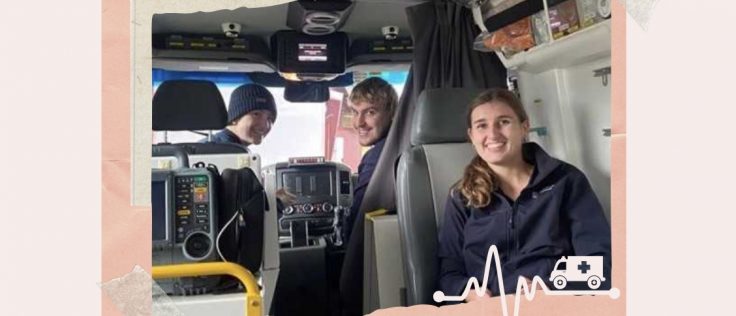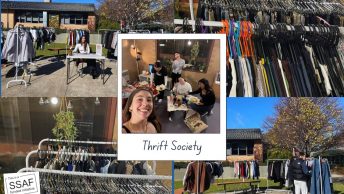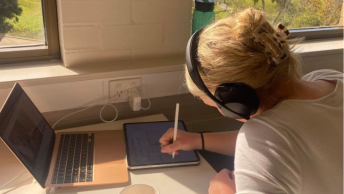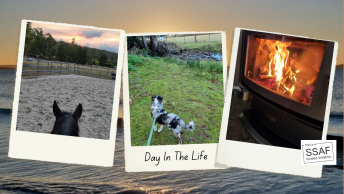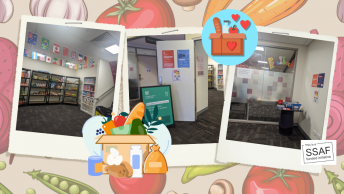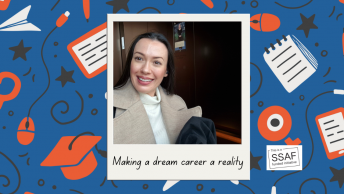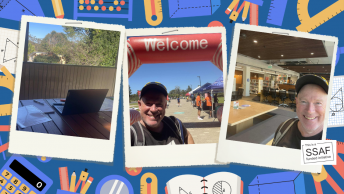Written by Grace Carpenter
Before starting your course at university, you’re able to look up your subjects and the components of the degree, but it’s hard to understand what it’s like before you actually start.
Here are some parts of Paramedicine which I found to be different once I started.

1. Course Progression
Expectation: I believed that especially in first year, we’d have a slow very simple introduction to the course, and we wouldn’t be able to start the practical components until months in.
Reality: Within the first week we were using stretchers and practicing life-saving skills. Within a couple of weeks, we were doing scenarios. It was so fun and crazy to see how quickly we were learning and able to put that knowledge into practice.
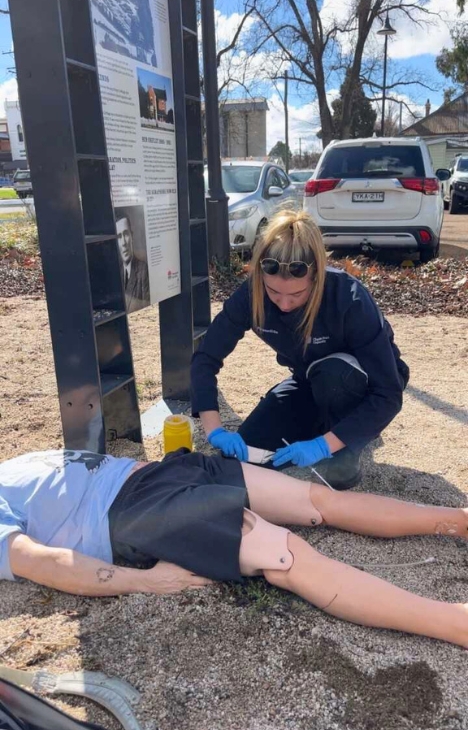
2. Other Years
Expectation: I thought the first, second, and third years would all be kept separate and wouldn’t have much to do with each other.
Reality: The culture of the university allows for you to meet so many people, and all paramedicine students have been so helpful in guiding those in the younger years through difficult times.
Also, first and second years get to interact with the students in higher years through the peer tutor program, in which second and third years help run the practical classes for the lower years.
This means that we can get help from people who were in our exact position only a year before.
3. Placement
Expectation: I thought that on placement we would not be allowed to get involved with anything, and we were just there to observe.
Reality: In first year, you don’t attend emergency placements, but there are so many opportunities to get involved with the allied health and patient transport jobs which you are working alongside.
You will get the opportunity to practice handovers, patient stretcher to bed transfers, taking vital signs, and so much more. Not all preceptors will offer for you to do this, so make sure you ask!
Ask them if you could give or receive the next handover and learn how they do it, as it may be a bit different from university.
If they are doing a stretcher to bed transfer, position yourself to be included, and if you see them putting on gloves, put them on to just in case they ask you to help out.
Making yourself present and noticed means they will be willing to let you help and be more involved.
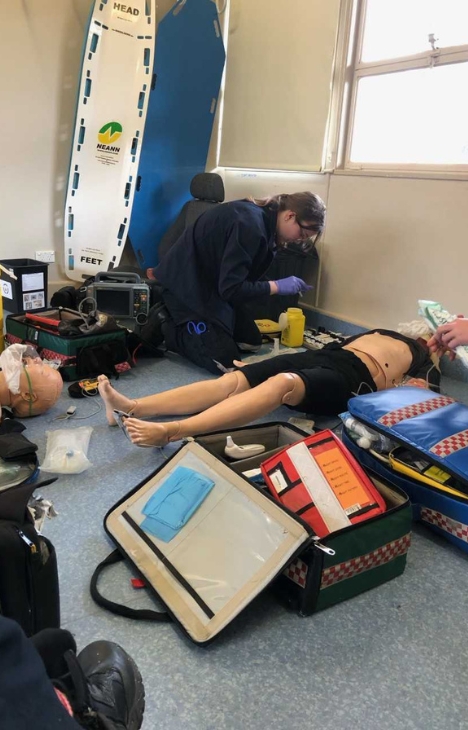
4. Lecturer Communication and Help
Expectation: There are so many students, so the lecturers don’t have time to learn your name and will often be too busy to help.
Reality: The lecturers take their time to learn who each student is and are always there to help during stressful periods.
They are quick to answer questions about content or assessments and are always happy to talk to you about how to solve any problems you may have.
If you talk to your lecturer about something your struggling with for that subject, they are always more than happy to help, so don’t be afraid to approach them.
5. Work Type
Expectation: The course will be full of readings, and boring note taking.
Reality: Although there are readings and theoretical components of the course, majority of the time is spent in practical classes getting hands on experience.
This allows for the course to be fun and exciting, and keeps you motivated to get the theory done. However, it is important to complete the theory so that in practical classes you can make the most of it and get to practice everything.
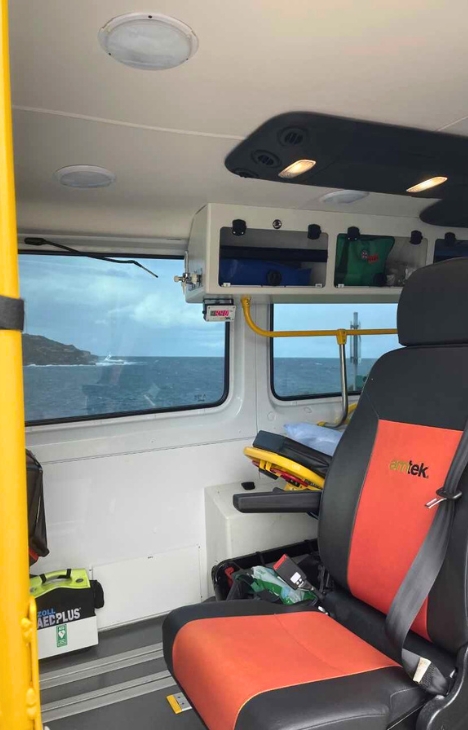
6. Workload
Expectation: You won’t have time to enjoy the social side of university because the workload is too much.
Reality: Although the course can be busy at times, there is always the opportunity to enjoy life outside of study.
With proper planning, there is no reason why you wouldn’t be able to go out and enjoy your weekend.
I believe it is extremely important to have a balance between study and fun, and so I make sure to go to as many uni social events that I can.
This is also how I met so many great people within my course – those in my year, and those in years above who were great with giving advice.
A Final Note
The Paramedicine course at Charles Sturt is amazing, and there’s so much more to it than what you can look up online. These are just a few of the many things which I was pleasantly surprised with once I started the course.


